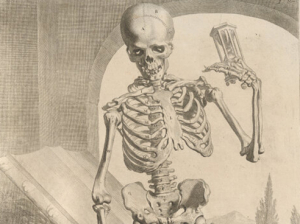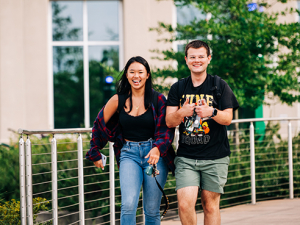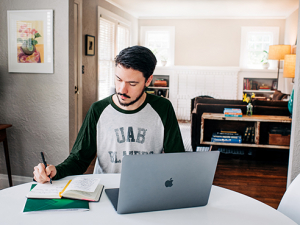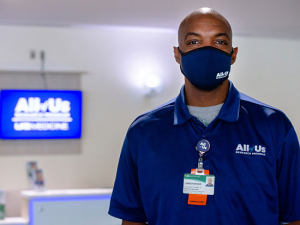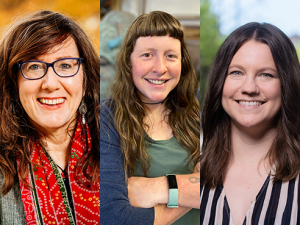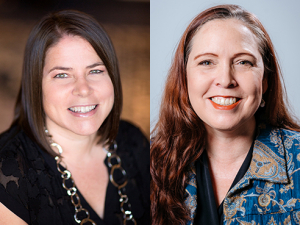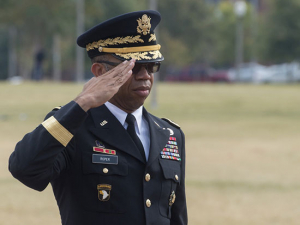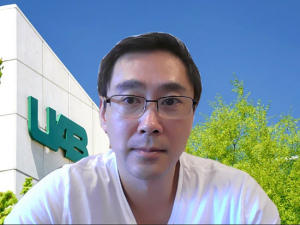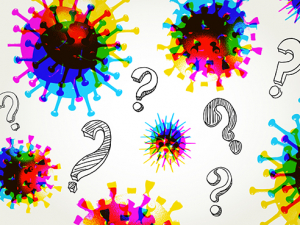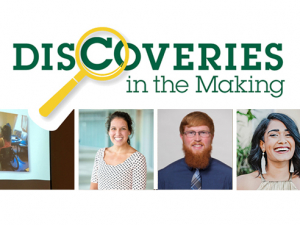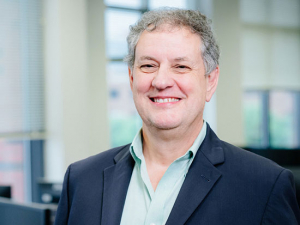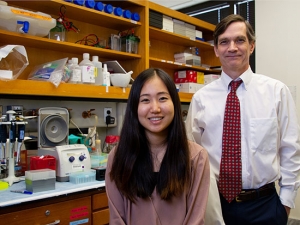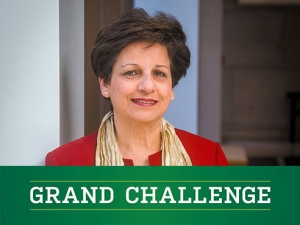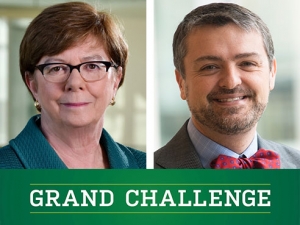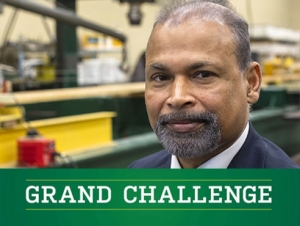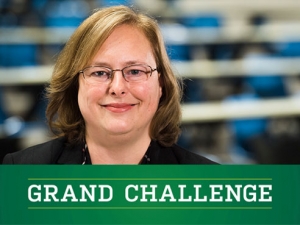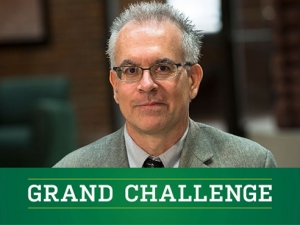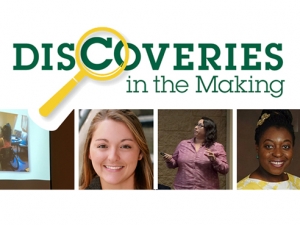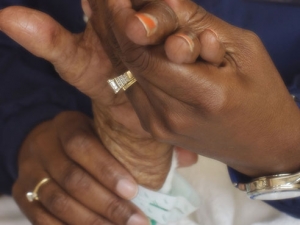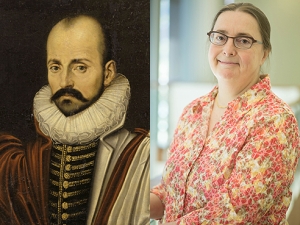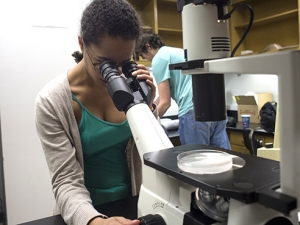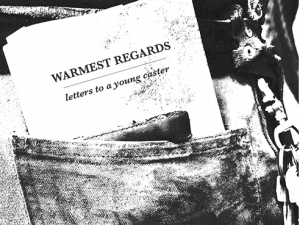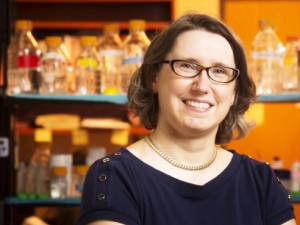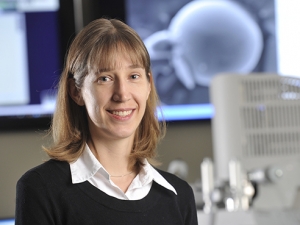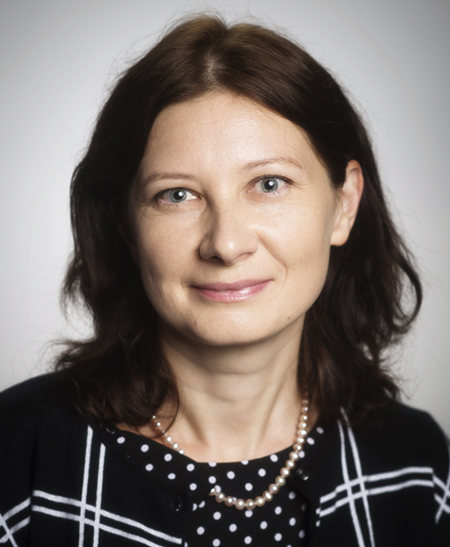 When applying to the Fulbright Visiting Scholar program, Iryna Mazhak, Ph.D., from Ukraine, listed UAB first in her placement preferences. She wanted to study with Distinguished Professor William Cockerham, Ph.D., chair of the Department of Sociology.
When applying to the Fulbright Visiting Scholar program, Iryna Mazhak, Ph.D., from Ukraine, listed UAB first in her placement preferences. She wanted to study with Distinguished Professor William Cockerham, Ph.D., chair of the Department of Sociology.
“I applied to him and he accepted me, which made me very happy,” Mazhak said. “He is very well known in the field, and I’m excited for the opportunity to learn from him.”
Mazhak will be at UAB for nine months developing a medical sociology course and coursebook materials in Ukrainian. No similar course or textbook currently exists in her homeland, she says.
“I hope to develop an academic course in “Sociology of Health, Illness and Medicine” in the United States in order to teach it to graduate students in the School of Public Health and for undergraduate students in sociology in the National University Kyiv-Mohyla Academy and possibly for students of medical universities, too,” Mazhak wrote in her application.
Although Cockerham did not meet Mazhak until she arrived on campus, he said it was clear from her application that UAB would be a perfect fit for the research she was doing.
“It was clear from her request that we had the depth of expertise in the UAB sociology department that we could help her develop the best medical sociology course in Europe,” Cockerham said. “Medical sociology in Ukraine is currently nonexistent, and Dr. Mazhak can be a pioneer in introducing it and helping to promote awareness of the social determinants of health and disease.”
Ukrainian health care problematic
Mazhak said sociology of medicine as a branch of sociology is not developed in Ukraine. She said there is no emphasis on understanding social, cultural and structural factors that affect health. Health care in Ukraine is a state-run, highly centralized system, but it is underfunded and requires patients to pay out of pocket for some medical expenses.
| “In the United States there are many materials and videos to use during class, but we don’t have those types of things in Ukraine. I’ve been impressed with the emphasis on educational videos and supplemental materials. I hope we can one day create such things in Ukraine.” |
In the Ukraine, patients typically are treated in state-run polyclinics where they go to see therapists and different specialists, so the family health history is not likely to be considered during diagnosis. Mazhak said Ukrainians would benefit from a stronger doctor-patient relationship — especially those suffering from chronic and hereditary diseases — because their medical history can provide a context for administering care.
“I hope there will be reform in Ukraine after the elections this month,” Mazhak said. “We not only need a reform in health care, but also in education of doctors. I have hope that a new administration will realize this and help create that change.”
Impressed with UAB resources
While Mazhak is at UAB, she will be shadowing other professors to learn the ways they teach and a history of medical sociology in the United States.
“I can’t just pull materials and examples from their courses because they’re teaching American medical sociology,” Mazhak said. “I am having to take what I’m seeing and apply it to the circumstances in Ukraine. In different societies, you have different societal issues.”
Mazhak has been impressed with UAB’s libraries and the number of resources faculty have.
“In the United States there are many materials and videos to use during class, but we don’t have those types of things in Ukraine,” Mazhak said. “I’ve been impressed with the emphasis on educational videos and supplemental materials. I hope we can one day create such things in Ukraine.”
The “Sociology of Health, Illness and Medicine” course will concentrate on several topics including key concepts in sociology of medicine, social context of health, health behavior, illness behavior and doctor-patient interaction.
“I think the course is important for sociology students and also for medical students,” Mazhak said. “A course like this would really help medical students in their profession.”
